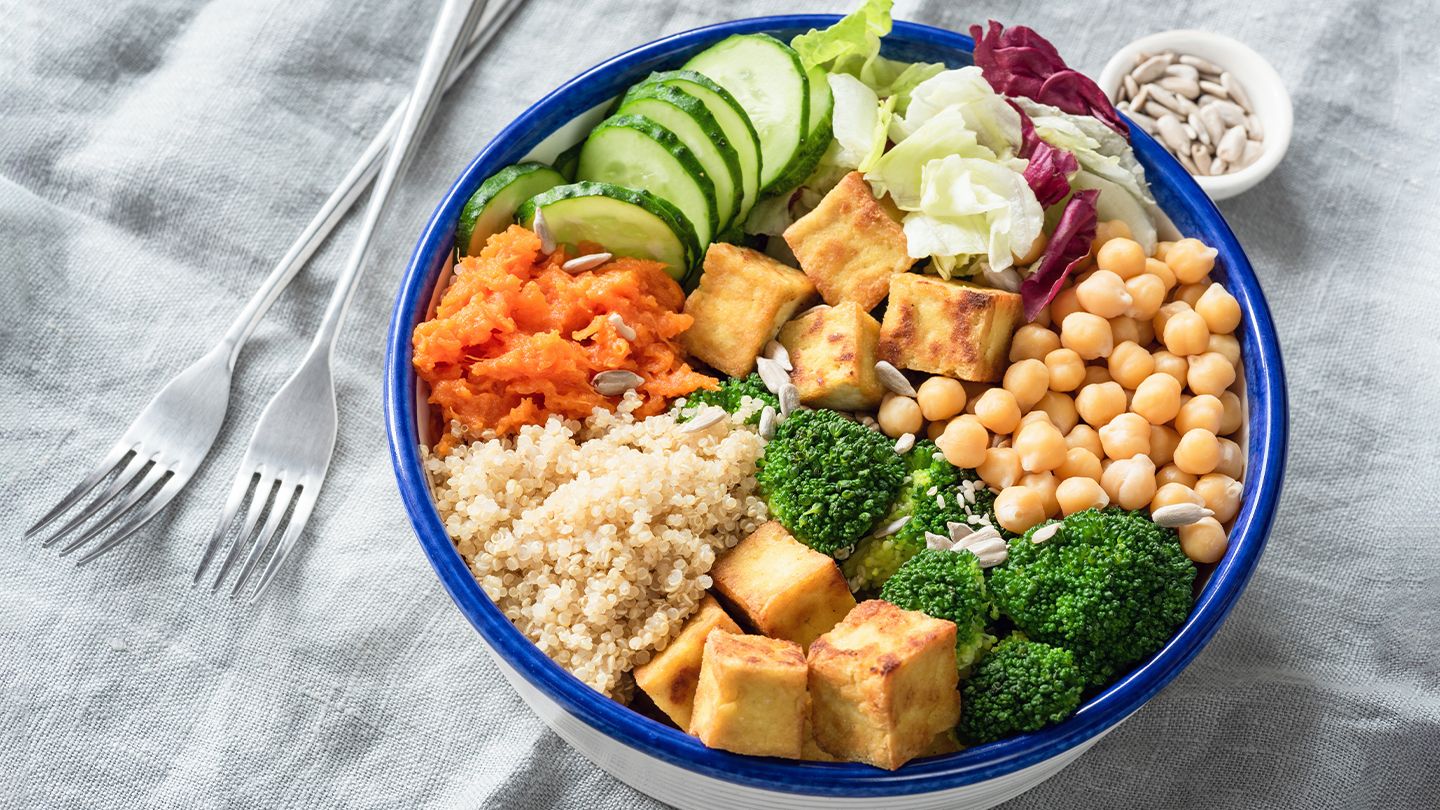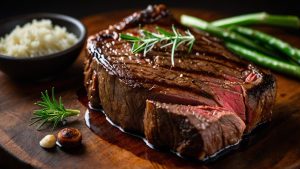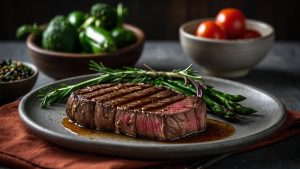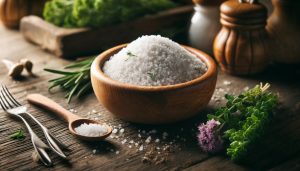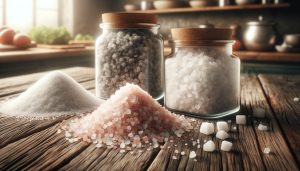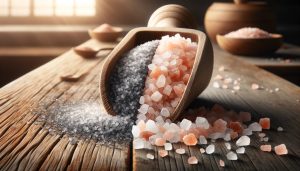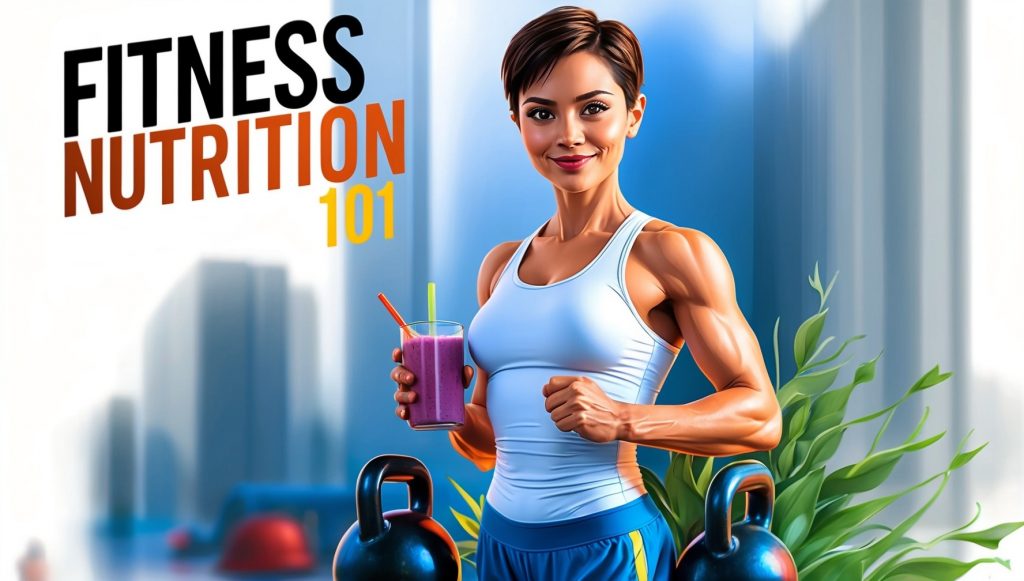
With more and more of the younger generations being exposed to fitness social media, and various influencers often giving contradicting advice on the best ways to make progress, now more than ever exists a necessity for valid and tested information.
While not nearly arrogant enough to claim that this article will single handedly provide said information in an air-tight, all-encompassing fashion, it will give out some of the more basic nutrition advice, and the role it plays in building muscle and achieving desired physique goals.
General Tips for Achieving Nutritional Balance
Everyone always knows about the importance of protein, essential for muscle repair and growth. The general goal here is to aim for 1.6-2.2 grams per kilogram of body weight daily. Good sources include lean meats like steak, fish, eggs, dairy, and plant-based options like legumes and tofu. An important thing to remember though, is that high protein does not necessarily mean healthy. Many companies use the nutrient as a deception tool to promote their product as healthy when in reality it is far from it.
Carbohydrates are like the fuel that you run on, as they provide energy for workouts and aid in recovery. Complex carbs from whole grains, fruits, and vegetables are preferable for sustained energy and fiber intake. The most reliable way to get enough though, is through grains, eating rice, buckwheat, and whatever else.
Fats are also extremely important, and essential for hormone production and overall health. Include sources of healthy fats like avocados, nuts, seeds, and olive oil. Often overlooked, vitamins and minerals play crucial roles in overall health and athletic performance. A diverse diet rich in fruits, vegetables, and whole foods helps ensure adequate micronutrient intake.
Generally, the less processed your food is, the better. However, you are also a human being and not a perfect robot who can consistently maintain a perfect diet. For this reason, most implement cheat meals, generally once a week, where they indulge and reward themselves for their discipline. This approach is going to be way more sustainable long-term, and should definitely be considered.
Nutrition eBooks
In addition, if you want more specific advice, there are several cookbooks, as well as nutrition-related books to consider getting. Without getting into a debate on why are physical books better than ebooks, or vice versa, would just recommend getting them in a format that best suits you. Generally, food ebooks are easily accessible on various devices, allowing you to reference recipes or nutritional information wherever you are. What’s more, many food ebooks come with interactive features like searchable ingredient lists, adjustable serving sizes, and links to video tutorials.
Nutrition-related ebooks are also often more affordable than their physical counterparts and take up no physical space, which is great if you’re looking to build an extensive cookbook collection. However, it’s important to choose reputable sources for your food ebooks. Look for those written by registered dietitians, nutritionists, or respected chefs.
The “Calories In, Calories Out” Approach
Moving on to specific approaches and styles, one of the most popular and widely promoted concepts in fitness nutrition is the “calories in, calories out” (CICO) approach. This method is based on the principle that weight management is primarily a matter of energy balance. To gain weight (including muscle mass), one must consume more calories than one burns, and to lose weight, one must create a caloric deficit.
While this approach has merit and is effective for weight management, it often oversimplifies nutrition. In its worst form, CICO suggests that the source of calories is irrelevant as long as the total caloric intake aligns with one’s goals. While this may be true when strictly discussing muscle building, this oversimplification can lead to potential health issues and nutritional deficiencies.
For one, focusing solely on calorie counts ignores the importance of micronutrients and fiber. Different macronutrients can elicit varying hormonal responses, affecting metabolism and body composition, leading you to feel sluggish, weak, and in addition to affecting your overall quality of life and future health/longevity, also indirectly halts your workout effectiveness by making it harder to push yourself, due to feeling not a 100%.
Redefining science is not necessary here, excessive consumption of processed foods, even within caloric goals, can lead to health problems, and that is the bottom line.
Other Approaches
Many bodybuilders and fitness enthusiasts use bulking (caloric surplus) and cutting (caloric deficit) cycles to build muscle and reduce body fat. This method can be effective but presents its own challenges.
- Clean Bulking: Involves a moderate caloric surplus with a focus on nutrient-dense foods. It may result in slower muscle gains, but it helps minimize excessive fat gain.
- Dirty Bulking: A more aggressive approach where large amounts of calories are consumed from any source. This can lead to rapid weight gain, but much of it may be unwanted fat. It’s generally not recommended.
- Cutting: This phase emphasizes creating a caloric deficit while maintaining proper nutrient intake to preserve muscle mass.
Bulking is often enjoyable as you see your strength increase, but cutting can be mentally taxing. While this approach is popular and manageable, it’s important to consider its demands.
Maingaining is a newer concept that focuses on building muscle while keeping body fat relatively stable. It involves eating at or slightly above maintenance calories, with an emphasis on high-quality protein and nutrient-dense foods. This method may produce slower results compared to traditional bulking and cutting, but it avoids the discomfort of rapid weight changes, making it a viable option for some.
Overall, fitness doesn’t have to be as complicated as it might seem. If you train hard, leave your ego at the door, get enough sleep, and eat well, you will inevitably build muscle.

